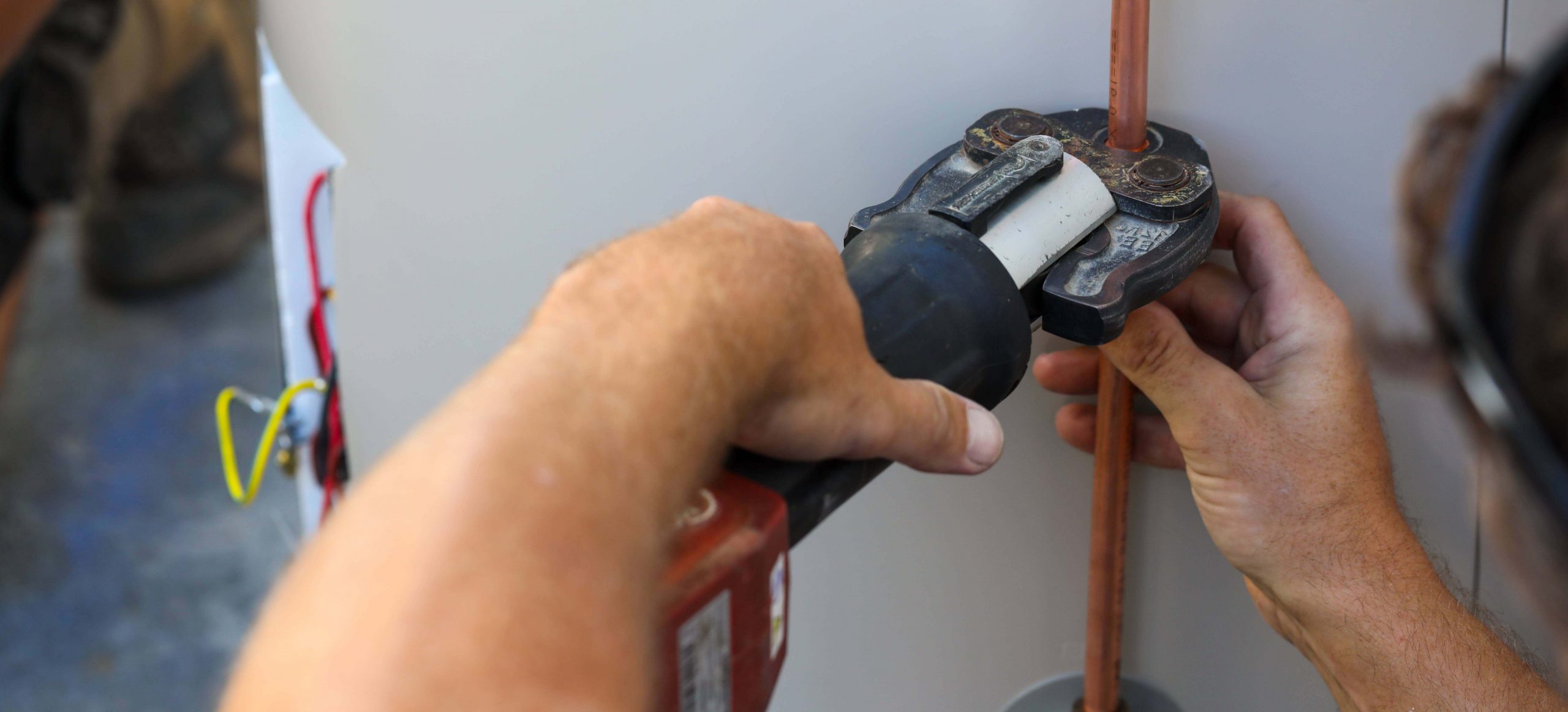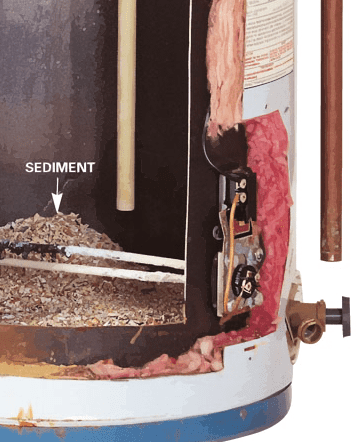Were you searching for additional info on The Importance of Water Heater Maintenance?

A water heater is just one of the most important standard home appliances that can be located in a residence. With water heaters, you don't require to experience the stress and anxiety of heating water by hand each time there is a requirement to wash, do the laundry, or the recipes. There is always an opportunity that your water heating system would act up as with many mechanical gadgets.
It is very important to keep in mind any type of little malfunction and tackle it rapidly before things leave hand. A lot of times, your water heater begins to malfunction when there is an accumulation of sediments as a result of continual use. As a precaution, routine flushing of your water heater is recommended to avoid debris accumulation and also stop functional failure.
Usual water heater emergency situations and just how to take care of them
Insufficient hot water
It might be that the water heating unit can not sustain the hot water need for your house. You can update your water heater to one with a bigger capacity.
Changing water temperature level.
Your water heater can start creating water of various temperature levels normally ice scalding or chilly hot. In this scenario, the first thing you do is to make sure that the temperature level is set to the wanted degree. If after doing this, the water temperature maintains transforming during showers or other tasks, you may have a damaged thermostat. There may be a requirement to replace either the thermostat or the heating device of your hot water heater.
Leaking water heater tank.
A dripping storage tank could be an indication of deterioration. It could create damage to the floor, wall surface and electric devices around it. You could also be at danger of having your apartment or condo swamped. In this circumstance, you should shut off your water heater, enable it to cool, and meticulously seek the source of the trouble. Sometimes, all you require to do is to tighten a couple of screws or pipe connections in cases of minor leaks. Yet if this does not function and also the leakage continues, you might require to utilize the services of a technician for an ideal substitute.
Blemished or smelly water
When this happens, you need to know if the concern is from the container or the water source. If there is no amusing scent when you run cold water, then you are particular that it is your water heating system that is faulty. The smelly water can be created by rust or the accumulation of germs or debris in the water heating system container.
Conclusion
Some house owners overlook little caution as well as minor faults in their hot water heater device. This only results in more damages and a possible full malfunction of your appliance. You must deal with your water heater faults as soon as they come up to avoid more costs and unneeded emergency problems.
With water heating systems, you don't require to go with the tension of heating water by hand every time there is a demand to take a bath, do the washing, or the dishes. It might be that the water heating system can not support the hot water need for your apartment. Your water heating unit could begin creating water of different temperature levels normally ice chilly or hot warm. If there is no amusing odor when you run cool water, after that you are particular that it is your water heating system that is faulty. The stinky water can be triggered by rust or the accumulation of bacteria or sediments in the water heating system storage tank.
Water Heater Burst: Why This Happens And What To Do Next
Water Heater Explosion Warning Signs
Since storage water heaters are made of metal and store large volumes of heated water, they carry an increased risk of leaking or even exploding as they begin to rust at the fittings and seams over time. If the thermostat controlling the water temperature within the tank is faulty, or if mineral buildup inside the water heater prevents the thermostat from sensing the water’s temperature correctly, the water could become overheated. This will expand its volume within the tank, causing it to press at the tank’s fittings and seams. If these fittings and seams are rusted or corroded, the pressure could result in a leak or even an explosion.
Here are some risk factors and warning signs of an increased risk of water heater leak or explosion:
- Your water heater is more than 10 years old.
- Your water heater makes clanking, banging or rumbling noises as it heats up, indicating that sediment has built up and hardened inside the tank.
- There is visible rust on the outside of the water heater, especially located at the pipe fittings or the seams that run down the tank.
- There is rusty water coming from your water heater, indicating that there may be rust building up inside.
- Your water heater is leaking, which could indicate either a crack somewhere in the tank or a malfunctioning temperature-and-pressure (T&P) relief valve.
What To Do When Water Heater Leaks
If you find water dripping or seeping out of your water heater, or pooling around it, it means your water heater is leaking. If you find a leak, it may be best to call a plumbing professional to diagnose the problem and determine how best to handle it. If you choose to tackle it on your own, there are a few things you can do.
TURN OFF THE POWER
Next, shut off the power to the hot water tank at your home’s electrical breaker box. If you don’t shut off the power, the heating elements within the tank could continue to stay hot, which could pose a fire risk.
If you have a gas-powered water heater, you’ll also need to shut off the gas line leading into the tank.
FIND THE LEAK
Now it’s time to determine where the leak is coming from. Likely locations are the T&P valve, the drain valve or one of the pipes or fittings that feed into the top of the tank. If you see any rust or corrosion on the outside of your water heater’s tank, pipes or fittings, these could also be the source of the leak.
REPAIR THE LEAK
Once you determine the source of your water heater leak, you’ll have a better idea of what steps you need to take to fix the problem. It may be a simple fix—such as using a wrench to tighten fittings or replacing the T&P valve—but it may be something more complicated. You may even need to drain the tank, remove the water heater and install a new one.
https://www.abchomeandcommercial.com/blog/water-heater-burst/

As a fervent person who reads on Warning Signs You Need Water Heater Repairs, I was thinking sharing that editorial was essential. If you appreciated our blog posting if you please do not forget to pass it around. I take joy in reading our article about Common Hot Water Heater Problems.
Schedule Today
Comments on “How to Cope with the Major Hot Water Heater Urgencies”